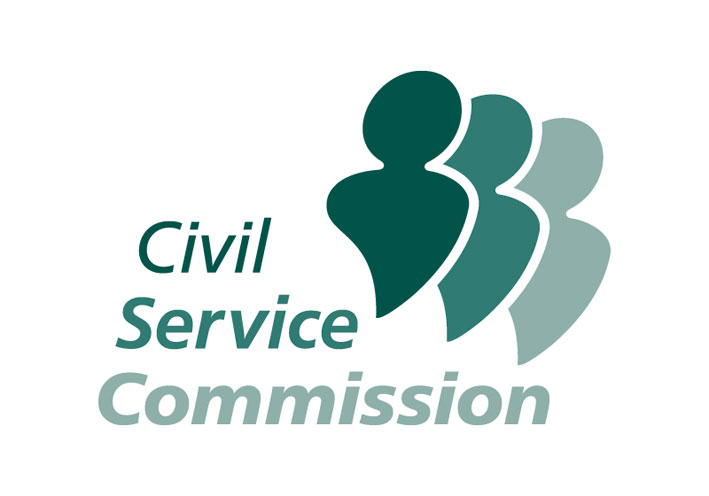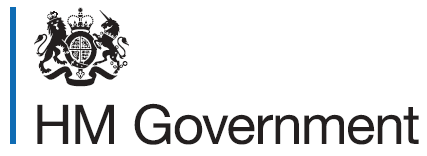Commissioners’ Mark of Excellence - Winners


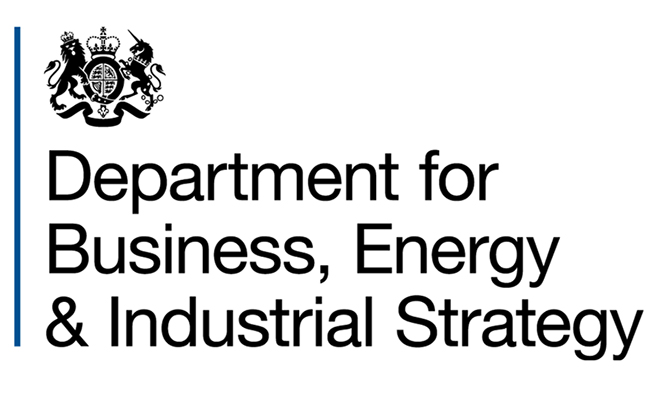
BEIS has overhauled all their internal resourcing guidance and templates for advertising vacancies, introducing diversity and inclusion best practice and adopting ‘nudge theory’ prompts to reduce bias in their attraction and standard introductions.
The department has taken an innovative approach to monitoring diversity and inclusion progress by connecting data insights from external Government Recruitment Service/Cabinet Office reports to internal PowerBI data visualisation dashboards (see case study below).
BEIS ran a ‘talent pooling’ exercise which included a media campaign to attract a diverse audience (protected characteristics and geography) to BEIS SCS roles (see case study below).
The department works in close partnership with employee networks to continually improve diversity and inclusion recruitment process and career progression opportunities including the launch of a new professional development mentoring scheme, open to everyone but prioritising colleagues from ethnic minority backgrounds.
BEIS HR is working with the BEIS disability network to produce candidate guidance around adjustments available and the Disability Confident scheme. Once finalised, this will be uploaded onto Civil Service Jobs along with their own job adverts to support candidates who have a disability/long term condition through their recruitment process. BEIS has also undertaken qualitative research to produce an implementation plan to improve recruitment outcomes, especially at sift stage, for candidates with a disability or long term condition.
BEIS has introduced a social mobility apprenticeship programme, accredited by the Commission (under the Civil Service Life Chances Strategy) to support new entrants who lack qualifications and work experience.
The department continues to actively support the Care Leavers scheme and has recently introduced the Prison Leavers scheme, as well as committing to support the Great Place to Work for Veterans scheme.
BEIS has provided intern opportunities for 51 summer diversity students, 15 early diversity students and 8 autism exchange students.
External awards and certifications
- BEIS is ranked 33 on the Social Mobility Employer Index 2021 - they are one of the top 50 employers nationwide.
- BEIS also achieved Level 2 of the Carer Confident benchmark
BEIS case study 1 - HireVue assessments
What did it involve?
- BEIS was the first department to explore innovations in game-based assessments and video interviews scored by algorithms, using artificial intelligence. The department partnered with an external provider, HireVue, to trial this approach as an alternative recruitment experience for certain roles, aiming for a wider candidate field and to reduce the time to hire which often results in the loss of good candidates.
- BEIS trialled this on a net-zero-themed bulk recruitment campaign for 30 HEO roles. This is a priority area for BEIS, and the need to resource quickly often arises. To make the campaign manageable, it was advertised as a Salford only campaign, which also supported their Places for Growth agenda.
- A job evaluation exercise was concluded by the occupational psychologists to ensure a good fit between assessed elements and what was required for success for the grade and role type.
- BEIS sought advice from the Centre for Ethics and Data Innovation and the Business Disability Forum, and also consulted the Commission throughout to ensure compliance with the Recruitment Principles. The department received support from the Government Digital Service (GRS) to ensure that the process and use of automation was ethical, inclusive, and maximised candidate experience.
- BEIS worked with occupational psychologists to ensure fair and consistent pass marks were set without adverse impact for HireVue assessments. Additional checks and balances were introduced, using Government Recruitment Service staff, to review videos and ensure scoring was consistent throughout, with final oversight of the decisions by a panel.
- BEIS designed reasonable adjustment processes and provided clear guidance for these and their internal disability staff network, and the lead for disability in Welsh Government (who is disabled) to test and gain views. This provided BEIS with advice specifically on different types of disability, and whether this type of testing was not compatible, in which case an alternative provision would be applied.
- BEIS ensured that sift outcomes were merit-based and met their Disability Confident Leader commitments.
How was this successful?
- BEIS successfully filled all their advertised roles with high calibre candidates. The campaign was delivered smoothly for hiring managers to planned timescales despite the new trial elements.
- Outcomes were monitored closely and there was no adverse impact on any protected groups from the HireVue assessments. In fact, the findings suggest that this form of assessment was less biased in its outcomes than the traditional written sift of a personal statement.
- Candidate satisfaction was positive, with 86% satisfaction reported through the end of assessment survey completed by applicants. Independent partners advised that this was higher than standard Government Recruitment Service online tests.
- In particular, candidates found the HireVue assessments easy to use (97%) and sufficiently prepared by BEIS through their bespoke candidate guidance (86%). There were no candidate complaints following the campaign and qualitative feedback on the assessments included ‘very inclusive’ and ‘very engaging’.
What next?
- BEIS is yet to run another bulk recruitment campaign. However, they have maintained their partnership with HireVue and intend to identify suitable vacancies to expand the trial, gain more data and evaluate further.
BEIS case study 2 - PowerBI recruitment diversity and inclusion insights dashboards
What did it involve?
- BEIS has used the new GRID data download service (delivered by the Government Recruitment Service) for all their vacancy and candidate records since July 2019. They connected this to PowerBI, a data visualisation software tool, to monitor candidates' progress and provide new insights about the performance and impact of different aspects of their recruitment campaigns. This intuitive use of data allowed them to better understand the candidate field and journey. Crucially, BEIS took the data service offered to them and tailored it to suit their needs, using their own in house initiatives and skills. They were the first department to do this.
- Dashboards were updated monthly and provided BEIS with a unique insight into the underlying diversity trends underneath their headline aggregate numbers. They used filters such as grade, recruitment approach, candidate type, time period, business groups across the whole of the department and intersectionality filters to analyse biases from application stage to offer stages.
How was this successful?
- This insight shaped the attraction content on LinkedIn and the Civil Service Careers website. For example, to achieve Places for Growth targets BEIS needed to increase their proportion of external candidates. Dashboard insights show that a lower-than-expected proportion of external candidates had a disability or long-term condition. BEIS is now actively working with their staff capability action network to address this challenge in the attraction gap and is building up their evidence base to evaluate their interventions.
- BEIS has shared the recruitment diversity and inclusion insights dashboards with their staff diversity networks to give them full visibility for the first time of their recruitment diversity trends for the first time, enabling them to work more closely together to make evidence-based interventions and challenge misconceptions. They have particularly welcomed the ability to analyse intersectional issues.
- BEIS has used the dashboard to evaluate interventions on job descriptions. For example, they implemented a standard advert introduction on all BEIS adverts with a strong diversity and inclusion message last year, as well as updating their recruitment forms to nudge better job description practice from managers. After six months, BEIS saw an increase in applications from candidates who were women and/or have a disability or long-term condition at G7 and G6 level - both external and from other government departments - allowing BEIS to draw some positive provisional conclusions
What next?
- BEIS will be launching dashboards to director general business group management meetings to hold a mirror on their recruitment practices, creating positive competition between them and informing their local attraction strategies to meet their diversity and inclusion scorecard targets.
BEIS case study 3 - SCS talent pool
BEIS worked with Gatenby Sanderson to create a pool of talented, SCS1-ready candidates. The scheme was launched during the pandemic and aimed initially at attraction and identification. Gatenby Sanderson was tasked with seeking out a diverse, prospective field ideally suited to the remit of BEIS, in particular the energy and security group.
Gatenby Sanderson was able to extend the reach by not requiring a degree, or stipulating years of experience. That way, the department was able to tap into potential and emerging talent. This search aligns with the government's agenda around Civil Service Reform, 'leveling up', Places for Growth and porosity, particularly for SCS grades. Candidates were able to apply using a statement and CV, bypassing the usual Civil Service behaviours and appealing directly to an external market. The longer term goal is that these candidates, if appointed, will receive learning and development and eventually feed into SCS2 roles.
BEIS’s remit expanded beyond the traditional protected characteristics, mindful of the government’s aim for cognitive diversity and regional representation.
The talent programme received 321 applications, 41% were female, 56% described a non white background, and 9% identified as LGBTQ. This pool has been assessed in terms of potential, seniority and policy development or policy delivery experience. As we emerge from the pandemic and longer term roles are identified, BEIS will reach out to candidates to apply through open competition. All candidates in each competition will be assessed in the same way throughout the process.

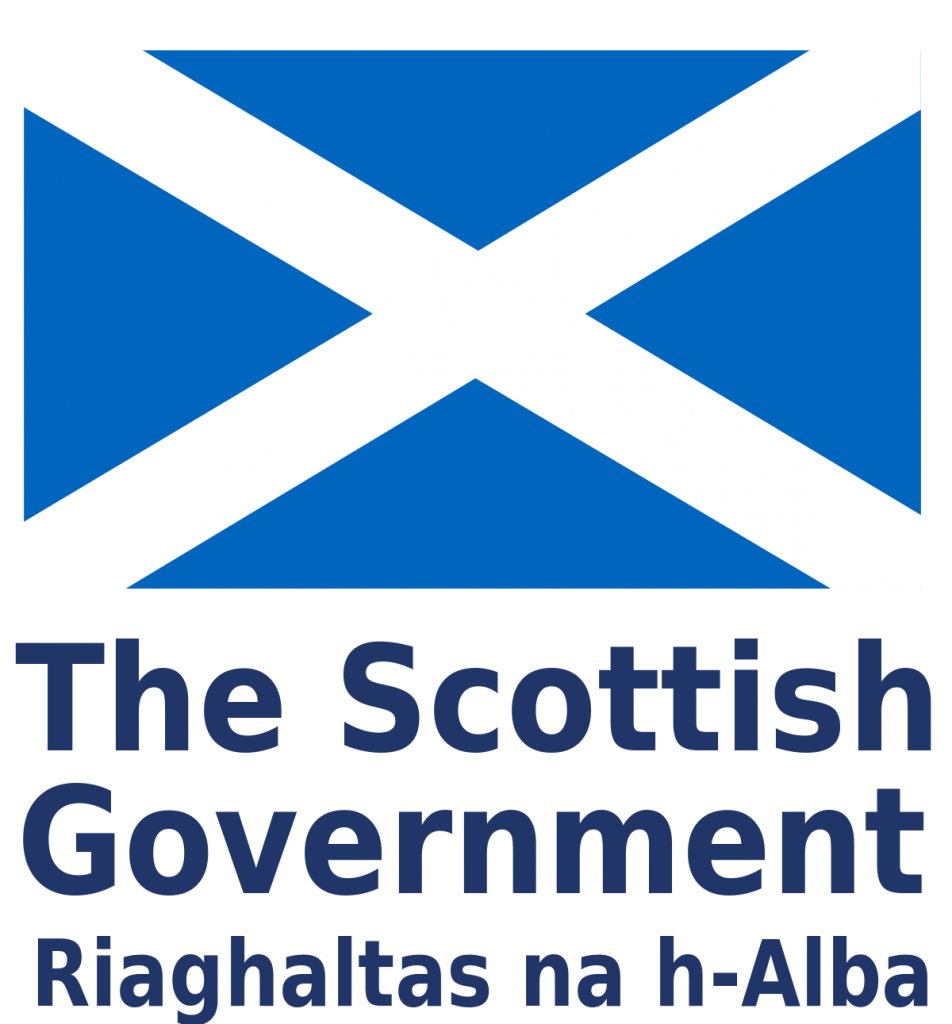
Category - Excellence in overall equality, diversity and inclusion action plan
The Scottish Government’s (SG) positive actions in equality, diversity and inclusion have continued to drive changes and increase diversity in their workforce.
Case study
Actions include the move to a new applicant tracking system to enable effective monitoring of the impact of policies on those with protected characteristics at each stage of the recruitment process.
The introduction of this new technology has allowed the Scottish Government to include staff networks to increase accessibility of the website and system. The biggest anticipated benefit is the introduction of a new set of diversity and inclusion questions at application stage, and the ability to produce data from these questions and the intersectionality of protected characteristics at each stage of the recruitment process. This data will allow the Scottish Government to recommend specific, evidence-based interventions in the recruitment process for the first time, to increase the diversity of who they hire.
The system went live in January 2022 and the Scottish Government has already seen an increase in the percentage of candidates willing to declare their protected characteristics.

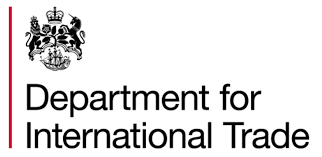
Category - Excellence in overall equality, diversity and inclusion action plan
The Department for International Trade (DIT) established its first Equality, Diversity and Inclusion Plan in April 2021. The plan set out the commitments that the executive recruitment and talent and resourcing hub teams would undertake to better attract diverse external candidates to their vacancies.
Case study
The Government’s Places for Growth programme to support levelling up has enabled the Department for International Trade to further their reach into a more diverse talent pool and increase the socio-economic diversity of its staff.
The department’s aim is to have 581 employees in their newly established Places for Growth (PfG) locations by the end of March 2025, to be achieved through both relocations and recruitment. They are currently on track to meet this target, having so far recruited 126 new employees to their Places for Growth locations up to 16th June 2022, with recruitment efforts ongoing.
As part of their Places for Growth resourcing plan, the Department for International Trade ran a Kick-Off campaign for Darlington roles between July and September 2021, promoting new employment activities. In December 2021, the department launched a new winter campaign to further build on this progress and gather greater insight.
These campaigns were underpinned by a range of wider activity including networking with local authorities and jobcentres, and outreach with educational institutes and careers fairs as well as media advertising and brand building. The department also recognised the need to support line managers in recruiting to a largely external market;
- Ahead of the campaign launching, the department ran sessions on how to write engaging and relevant job descriptions and adverts, and how to choose appropriate assessment criteria.
- Post-launch, the department ran sessions on how to assess a largely external candidate pool, what to expect from them during the recruitment process, and on the criticality of assessing fairly against the scoring criteria.
- The department hosted candidate support sessions designed to help external candidates understand what to expect from the recruitment process including an introduction to the success profiles. These sessions were held twice a week during the campaign live window. As a result of their winter campaign, 43 offers have been made to candidates and a further 48 candidates have been placed on a merit list which the department intends to utilise to fill future vacancies.
Moving forwards, DIT are working hard to:
- Continue to build brand presence in Places for Growth locations through media, marketing and focussed outreach.
- Provide support to Hiring Managers through the re-instating of hiring manager support sessions, the building of a job description template library and further training on fair and open recruitment practices.
- Re-establishing candidate support sessions to ensure prospective candidates have the knowledge and skills to submit strong and successful applications.
- Establish DIT as an employer of choice for career goals, not just job goals. We are working with media partners to build a “one-stop-shop” careers website for information and support with building a career in DIT, considering all the Department’s teams and professions, linking directly to our live vacancies and providing support and advice on how to successfully apply to these.

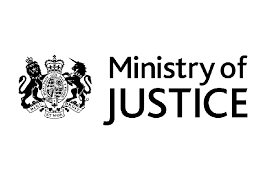
Category - Excellence in overall equality, diversity and inclusion action plan
The Ministry of Justice (MoJ) has worked to increase the ethnic diversity in HM Prison and Probation Service, and has improved the candidate journey for candidates with a disability by making the provision of reasonable adjustments and the identification of Disability Confident candidates clearer to ensure a better candidate experience and more confidence in the process.
Case study
The Ministry of Justice has embraced a proactive approach to Life Chances recruitment, being one of the first departments to set up a team on these particular issues with a dedicated focus on ex-offender and armed forces veterans’ recruitment. These are two groups which can face significant barriers to employment and which can cross over into addressing issues for other groups such as people from a lower socio-economic background.
Since introducing the Life Chances Team in October 2020 the Ministry of Justice has delivered the following actions:
- The department’s expertise on ex-offender recruitment has seen them providing delivery insight and practical support to other government departments, as well as helping to set the vetting framework and strategy to encourage greater recruitment of ex-offenders amongst government suppliers. This was developed from lessons learnt and the comprehensive service wraparound that MoJ has used for the Going Forward into Employment (GFiE) scheme within the department.
- The department advertised a significant number of vacancies as one of the pilot departments for the Great Place to Work for Veterans scheme. These roles were for vacancies across the UK based on prison establishments thus aligning with Civil Service targets to encourage greater regional recruitment.
- Leading on from the Great Place to Work for Veterans scheme the Ministry of Justice introduced Advance into Justice, a dedicated campaign helping veterans to become prison officers. The scheme supports the smooth and speedy transition of veterans from military service, and the focus on resettlement supports the government’s commitment to reduce homelessness within the service leader community.


Category - Excellence in monitoring outcomes
The Office for National Statistics (ONS) is committed to inclusive recruitment practice, particularly focussed on improving accessibility to the Civil Service for under-represented communities.
In November 2021, ONS won the CIPD Wales Award for ‘Best resourcing and talent management initiative’ for their webinar series, which offers a window into their culture, career development pathways, application tips, and the opportunity to engage directly with colleagues.
Case Study
ONS’ webinar programme has inclusivity at its core. In order to know whether this, and all their other inclusion and diversity initiatives were making a difference, they needed effective monitoring. Their quarterly monitoring of the outcomes for under-represented/minority groups through their recruitment process has given ONS a baseline dataset and the ability to monitor and measure their progress. ONS are now able to see where they are making a difference and whether further interventions are needed.
ONS approach has given them a way of measuring both attraction and success, against gender, ethnic origin, disability and sexual orientation. They look at both ‘proportion’ and ‘outcomes’ and can immediately see how representative the ‘proportion’ is to the working age population in the locations of their offices. If there are noticeable swings (in either direction) recruiters are able to deep dive into campaigns to see if there was anything in their presentation and advertising that may have caused a shift in applicant proportions.
Using the ‘outcomes’ data, ONS is able to see the percentages of minority applicants that make it through each stage of the recruitment process. With analyses for the rolling year and quarterly, they can see where there are significant shifts and identify campaigns that may have caused the shift (both positive and negative). Reports are produced for each Directorateto help understand if any particular business area has a positive outcome that others could learn from, or an outcome that suggests that greater support or intervention is needed.

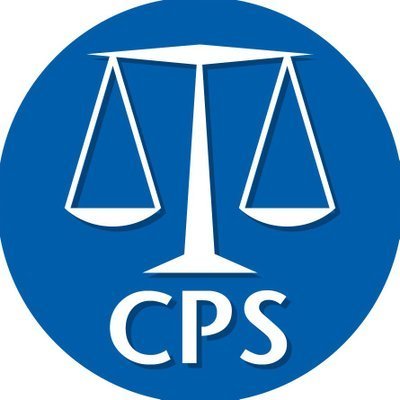
Category: Excellence in social mobility leadership
A Crown Prosecution Service (CPS) priority is to make careers in law accessible to all, with a particular focus on improving the accessibility for those from a lower socio-economic background.
Case study
The Crown Prosecution Service undertook a series of recruitment and community engagement initiatives under the Anthony Walker: Access to Law programme. This programme was launched in memory of Anthony Walker (see below) and included three strands of activity: a bursary programme for law students, work experience with local schools in more diverse and deprived communities, and an apprenticeship programme. The initiative was exclusively based out of the North West and Merseyside and Cheshire areas.
Anthony Delano Walker 1987 - 2005
Anthony Walker was a black British student of Jamaican descent who was murdered in an unprovoked, racially-motivated attack in Huyton, Merseyside.
The Walker family were the first black family to live in Huyton and the children were subjected to racial abuse at school.
On 2nd April 2008 the CPS approved a legal scholarship in Anthony’s memory.
The apprenticeship programme was a recruitment campaign that ran twice in the last year under an exception 2, targeting students from lower socioeconomic backgrounds. CPS worked closely with local community groups in more diverse areas of the Areas to encourage applications from young people, including application support sessions to help candidates navigate the recruitment process. The offer included a paralegal officer role, as well as a paralegal apprenticeship programme delivered by CiLex, which upon successful completion would make candidates eligible to apply for internal law qualification programmes to become a solicitor.
The bursary programme worked with undergraduate and postgraduate students to provide funds towards the completion of their legal studies, as well as a wealth of development support from CPS, including a senior legal colleague as a mentor for the duration of their studies. The Crown Prosecution Service worked with local universities, including alternative and non-redbrick universities in the area, to target prospective candidates from lower socio-economic backgrounds.

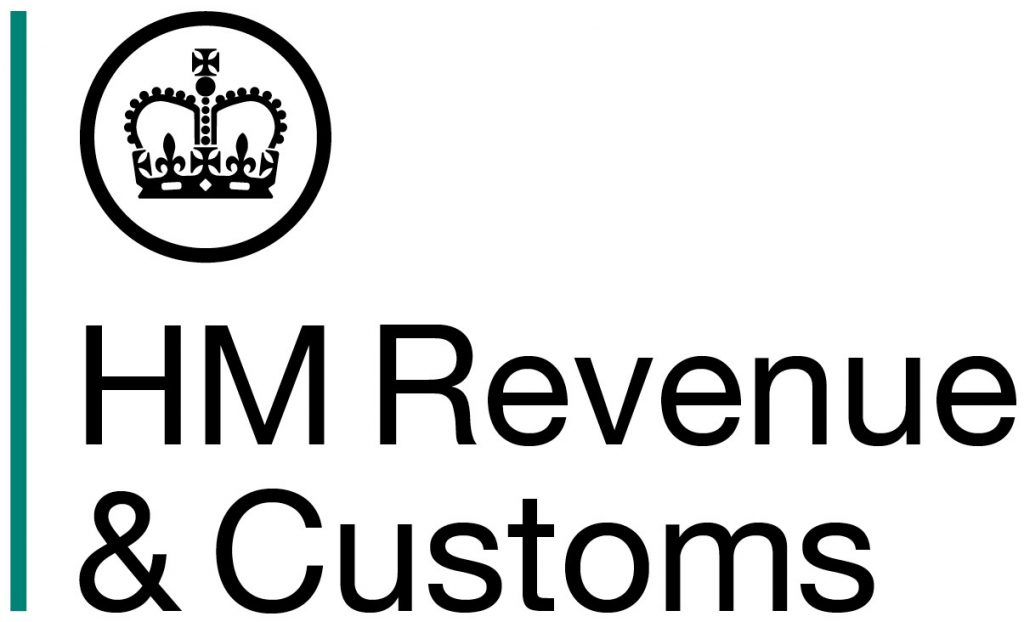
Category: Excellence in disability leadership
HM Revenue and Customs (HMRC) has designed and implemented dedicated actions at improving the representativeness of their workforce at all levels and ensuring their recruitment processes are fair and accessible.
Case study
HMRC has focused on greater support for disabled candidates. At the start of 2021/22 they achieved a renewed level 3 accreditation (leader) in the government’s Disability Confident employer scheme. The accreditation was validated by an external organisation, the Business Disability Forum, ahead of final accreditation by the Department for Work and Pensions.
HMRC has worked alongside the Government Recruitment Service to develop a specific survey question seeking candidates’ experiences of requesting reasonable adjustments during the recruitment process. They used this data and insight to conduct a deep-dive exercise, analysing approximately 3000 responses. Several key themes emerged - for example, some candidates were unaware of what was meant by a reasonable adjustment, with the assumption that it was only for physical disabilities; and some were concerned that disclosure could negatively impact the selection decision.
HMRC developed a ‘Disability Matters’ guide to support and advise candidates on how to navigate recruitment processes and explain the types of support and adjustments offered. The guide was launched in July 2021 and is housed on the external GOV.UK website. It is also included within all HMRC adverts. As a result of its positive impact, HMRC was shortlisted for the Business Disability Forum’s Disability Smart Awards 2021 under the category of ‘Disability Smart Diversity and Inclusion Professional Award’.
The second strand of this work was the launch of vacancy holder guidance, which includes a frequently-asked-questions section on examples of adjustments (including for non-visible disabilities), a step-by-step guide to putting adjustments in place, and information on where to find further support.
HMRC has recently achieved Visibly Better ‘Recruiter’ and ‘Employer’ status. Following this the Royal National Institute of Blind People (RNIB) is actively signposting HMRC roles on their job seekers site and promoting HMRC as an accessible, inclusive and positive recruiter.
To ensure that they fully support candidates with sight loss, and linked to the Disability Disparity Audit, HMRC has been working closely with the diversity leads in RNIB to self-assess against the institute’s positive action standards. This includes reviewing a sample of HMRC adverts for accessibility and ensuring that the content of their adverts does not create barriers for candidates with sight loss.
